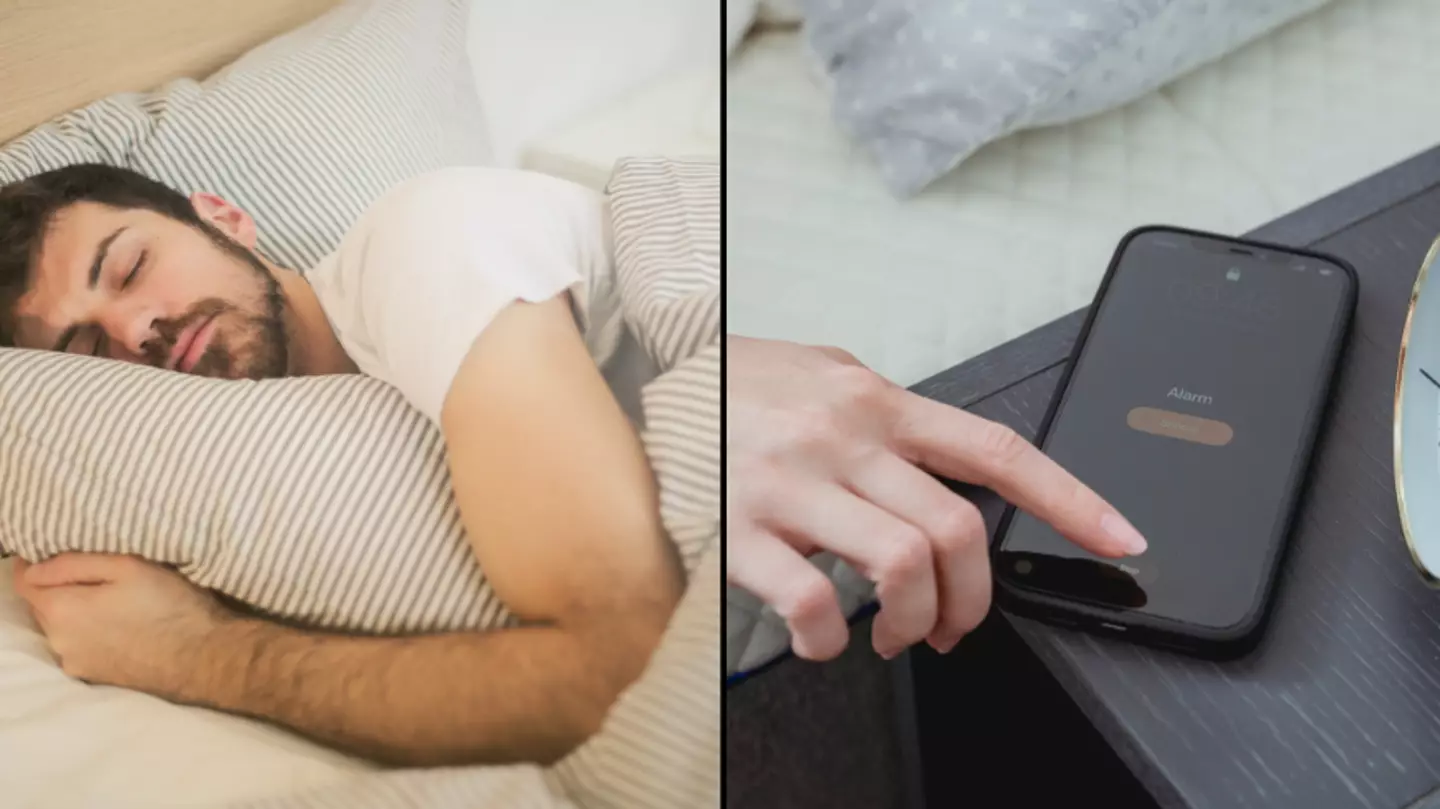
A new study looking into the link between sleep, cognition and wellbeing has revealed exactly how much rest we should all be getting each night.
There definitely aren't enough hours in the day for work, socialising, exercising, cooking and doing general day-to-day chores, so it's easy to let the day slip into night without realising.
Before you know it you're invested in a new Netflix series or up to your eyeballs in TikTok videos and it's suddenly 2am, with just a few hours to go until the dreaded sound of the alarm drags you from the little sleep you have managed to get.

Advert
Admittedly it's not the healthiest cycle to get stuck in, but now we can try to establish new habits thanks to research published in the journal Nature Aging, which saw scientists determine the impacts of both insufficient and 'excessive' sleep.
According to the researchers, the 'optimal' number of hours per sleep is seven - not eight, as is often touted as the recommended amount.
More or less than seven hours results in 'fewer benefits for cognition and mental health', the researchers explained in an Inverse article.
Participants who slept for seven hours performed better on average on cognitive tests such as processing speed, visual attention and memory than those who got more or less than seven hours, though the scientists noted people need to get the seven hours of sleep consistently to experience the benefits.

Though seven hours was determined to be the optimal amount of sleep, the study determined that we all respond slightly differently to a lack of sleep, with the relationship between sleep duration, cognition and mental health was varying according to genetics and brain structure.
As well as helping maintain normal brain function and allowing you to avoid feeling like a zombie for an entire day, getting a sufficient amount of sleep can help protect against dementia, alleviate the symptoms of dementia by protecting memory, boost our immune system and develop our creativity and thinking.
In order to help achieve the optimal amount of sleep, the researchers recommend sleeping in a cool and airy room, avoiding alcohol and exciting content before bed, and being in a calm and relaxed state when trying to sleep.
The study included data from the UK Biobank, with participants primarily of European ancestry aged 38–73 years, including 94 percent white people. It did not include children and adolescents since their brains are in development.
Topics: Health, Science, Mental Health, Sleep